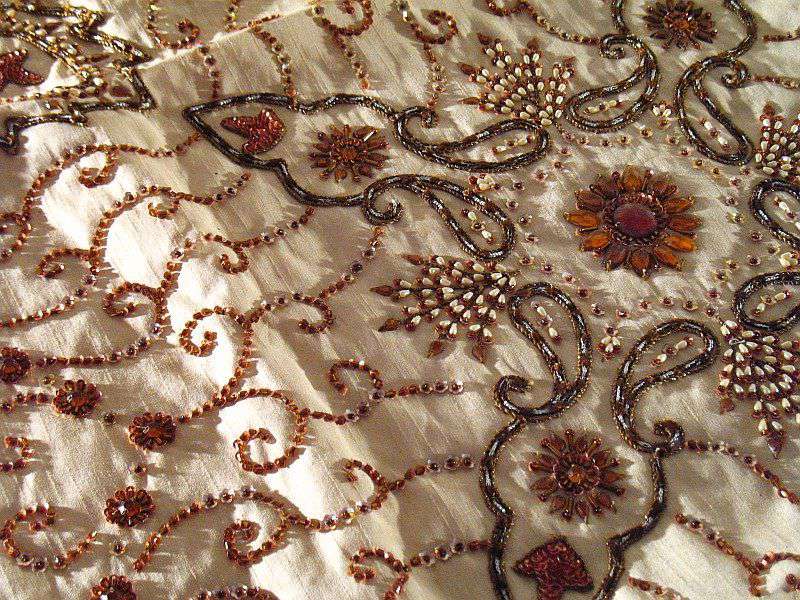===
0096,
6
===

=== |
 |
pazhmurdah : 'Withered, faded, pallid, drooping, blighted, decayed; frozen, numbed'. (Platts p.261)
dastār : 'A sash or fine muslin cloth wrapped round a turban'. (Platts p.516)
FWP:
SETS == WORDPLAY
MOTIFS
NAMES
TERMS == GROUND; THEMEThe 'garden' wordplay, with the 'green' fortune not bestowing even a 'withered' rose, is also enjoyable. The idiomatic sense of 'green' as 'evil' is crucial here; how incomprehensible the verse would be without it! Yet idioms like this are the hardest to recover. Fortunately SRF has clarified things, so we're not (in this case) reduced to perplexity or conjecture.
Note for grammar fans: Here apnī has to be taken as short for merī apnī . There are plenty of precedents for this usage; Ghalibian examples can be found in G{15,12}. Here, merī would fit perfectly in the slot that apnī occupies-- so why did Mir not use it? Either it was a matter of indifference to him, or else there was some particular reason for preferring the one to the other. Maybe a subtle phonetic effect?